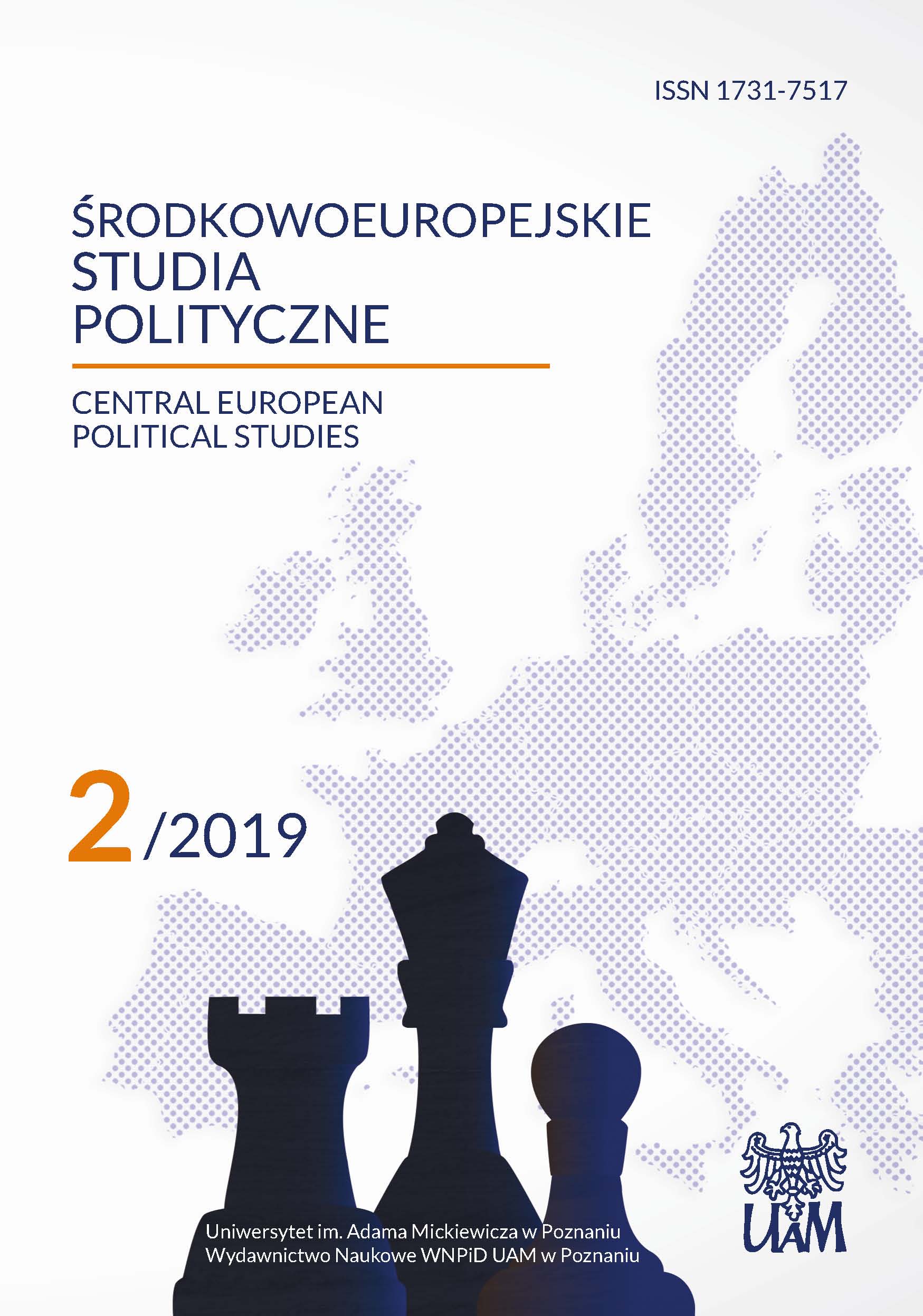Impact of Brexit on the status of the English language in the European Union
Impact of Brexit on the status of the English language in the European Union
Author(s): Elżbieta KużelewskaSubject(s): EU-Approach / EU-Accession / EU-Development
Published by: Uniwersytet Adama Mickiewicza
Keywords: Brexit; multilingualism; official languages; working languages; the European Union; Brexit; wielojęzyczność; języki oficjalne; języki robocze; Unia Europejska
Summary/Abstract: The United Kingdom joined the EEC/EU in 1973. Its membership has beenone of the thorniest issues in British politics over the last forty-five years. The UnitedKingdom was one of the most Euroskeptic member states in the EU. The ‘addedvalue’ brought by London to the EU was the English language, which successivelysupplanted French from the function of working language of the EU. English is notonly the official language of the EU (it is one of 24 official languages), but primarilyhas a dominant position in the EU. It is used for communication between the EU andthe world, between European institutions and during informal meetings. The purposeof this article is to analyze the position of English in the EU, to show its strengths, andfinally to answer the question of whether the present status of English in the EU willremain after the UK leaves.
Journal: Środkowoeuropejskie Studia Polityczne
- Issue Year: 2019
- Issue No: 2
- Page Range: 213-227
- Page Count: 16
- Language: English

